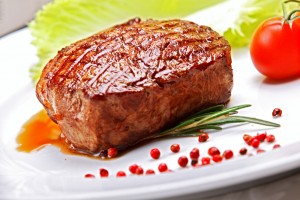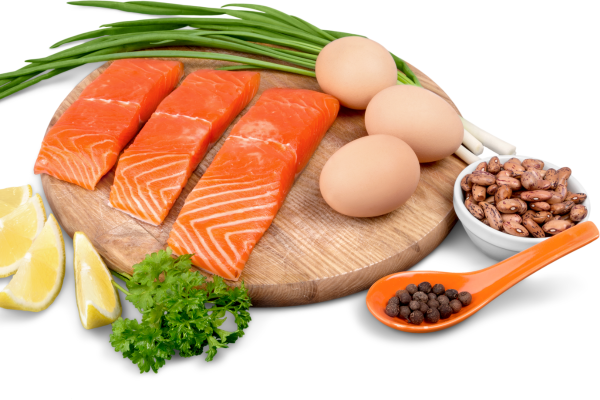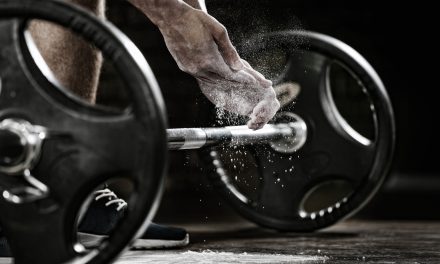We have to take a step back and ask ourselves – what do we mean by need? Are we talking about the amount you need so you don’t die? Or are we talking about the optimal level for good health?
Firstly – the bare minimum. You need roughly 0.8g per kg of bodyweight to just live. So for a 150 lb person, that’s just 55g (just above 2 scoops of protein powder). For a 200lb person, that’s 72g (just a bit less than 3 scoops). You can outright ignore the RDA you find on labels – that’s based on a 165lb male or a 137lb woman.
Then again, that’s the bare minimum to survive. If you want to look rail-thin, that’s your minimum. But for people who are into athletics, scientific studies say more is better:
• The bare minimum you should consider is roughly 1g/kg of bodyweight. This is pretty much for everyone. Only exception is if have an actual disease and your doctor recommends something else.
• The range athletes who want to have muscle is roughly 1.2-1.5g/kg. So for a 150 lb person, that is roughly 100g/day. For a 200lber, that comes out to ~125g/day.
• Any more than that has not been studied. That doesn’t mean more protein is good or bad. It just means we don’t know.
Still, if you eat even more protein, there is no evidence that it will cause harm. So if you love your protein, take as much as you want.

When should I increase how much protein I take?
While the above is your base, when cutting, the rules change.
Protein has a very high TEF (thermic effect of food). That means how much energy your body has to burn to be able to use it. Carbs and fat have roughly 5% TEF. Protein is at 20% TEF. That means if you eat 1000 calories of protein, you instantly “lose” 200 calories (as your body needs to burn that much just to be able to use that protein). Furthermore, when you are cutting, your body has to get energy from somewhere. It will get this energy from your body in the forms of adipose (fat), glycogen (carbs), and skeletal muscle (protein).
So when cutting, protein becomes super important. It helps burn itself off, and when your body needs to extract energy, it helps minimize any loss from skeletal muscle (which you want to keep!)
So our 150 lb athlete should likely bump his protein intake to ~125 grams and our 200 lb athlete up to ~160 grams.
All of the scientific research presented in the Supplement-Goals Reference Guide (over 2000 references) is human studies. While they factor in animal studies and in vitro studies while building up their knowledge on topics, they do not include them in their conclusions.
Supplementation is interesting field. Some people rely too much on supplements while others totally dismiss them as useless. This non-biased guide will help you decide for yourself.
I bought a copy for everyone on my staff to reference.
If You Have Questions About Supplements – Click Here as This Reference Guide Will Help.
by Sol Orwell






![[For MEN Only] REAL Answers about Muscle, Strength & Nutrition](https://www.criticalbench.com/wp-content/uploads/2014/08/strength-muscle-nutrition-440x264.png)

























Thanks for finally talking about > How Much Protein is
Really Needed? : Critical Bench < Liked it!
You’re welcome! We’re so glad you liked it 🙂